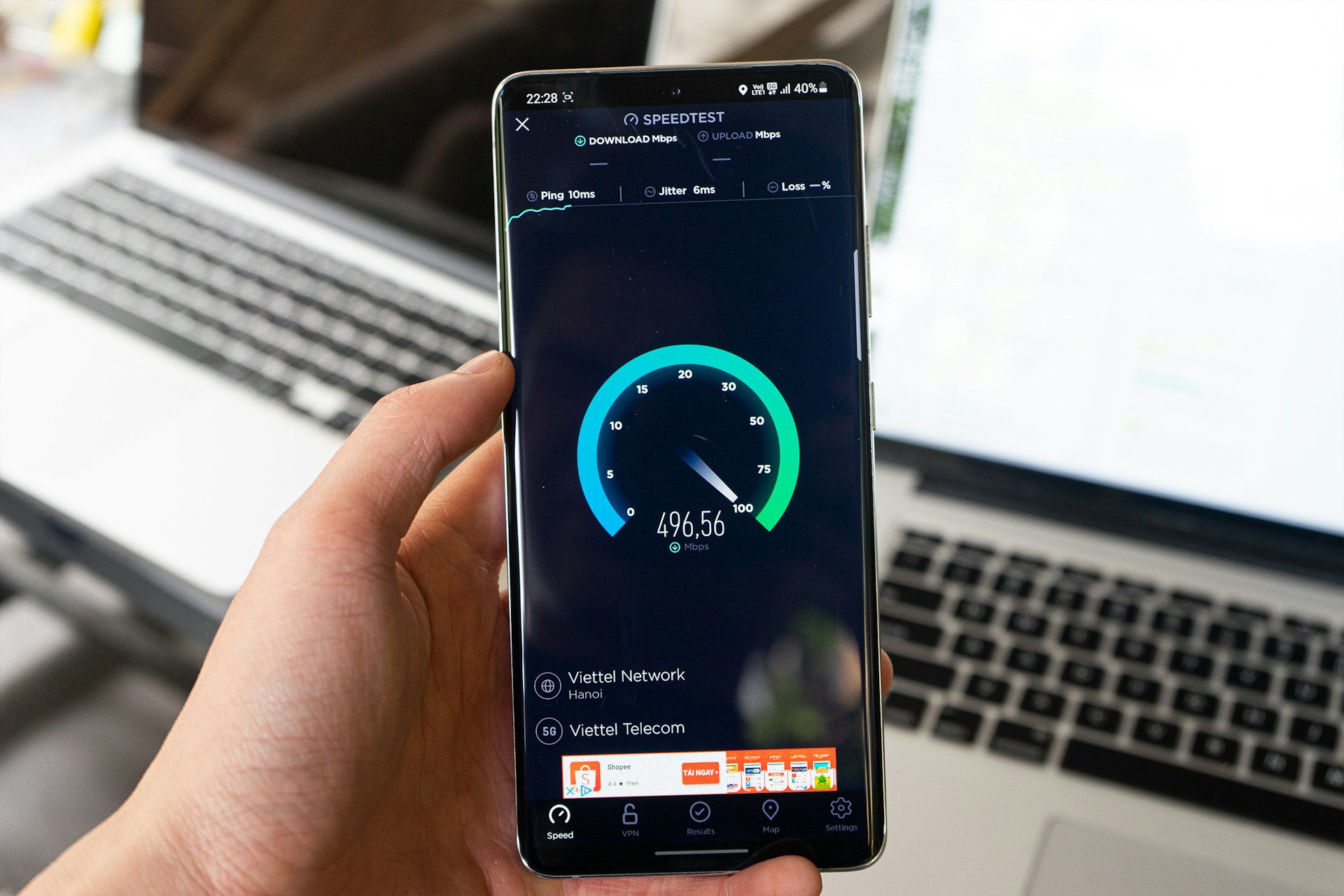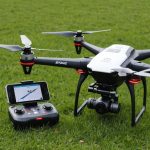In the modern agricultural landscape, technology has become an integral part of farming practices. With the advent of smart farming, managing agricultural systems has never been easier. Whether you are a tech-savvy millennial or a seasoned farmer, utilizing your smartphone to enhance your farming operations can yield substantial benefits. This article delves into how mobile apps can revolutionize your approach to smart agriculture, helping you make informed decisions and optimize crop management.
Embracing Mobile Apps for Smart Farming
The integration of mobile technology in agriculture has opened new avenues for efficiency and productivity. By leveraging mobile apps, you can monitor your crops, manage resources, and even predict crop yields with unprecedented accuracy. The convenience of having all these tools at your fingertips allows for on-the-go management and real-time insights.
In parallel : Can You Use Your Smartphone to Control an Autonomous Drone for Landscaping?
Mobile apps provide a user-friendly interface to collect and analyze data from various sources. These apps can connect to sensors placed in your fields, employing machine learning algorithms to offer actionable recommendations based on the data collected. This real-time information can help you manage soil health, monitor soil moisture, and track the overall environmental impact of your farming practices.
One of the key benefits of using mobile apps is their accessibility. You can perform tasks that previously required specialized equipment or software directly from your smartphone. This means you can make quick adjustments, respond to changing conditions, and ensure your farm is running smoothly without being tethered to a desk or a physical location.
Additional reading : How to Use NFC Technology on Smartphones for Secure Payments?
Precision Agriculture in the Palm of Your Hand
Precision agriculture, a method that leverages data-driven techniques to optimize farming practices, has been significantly enhanced by mobile technology. By utilizing precision farming apps, you can achieve higher efficiency and better resource management.
These apps offer features such as GPS mapping, which allows you to create detailed maps of your fields. You can pinpoint areas that need more attention, apply fertilizers more accurately, and monitor crop health with precision. The ability to collect and analyze data in real-time helps you to make better decisions and improve crop yields.
Furthermore, precision agriculture apps can sync with drones and other remote sensing technologies. This integration provides you with aerial imagery and detailed analytics, offering a bird’s eye view of your farm. By combining this data with ground-level information, you can gain a comprehensive understanding of your fields and implement more effective farming strategies.
The use of precision farming apps also reduces waste and minimizes environmental impact. By applying inputs only where they are needed, you can conserve resources and reduce the amount of chemicals that enter the ecosystem. This not only benefits your bottom line but also promotes sustainable farming practices.
Enhancing Crop Management with Real-Time Data
Managing crops effectively requires timely and accurate information. This is where real-time data comes into play. Mobile apps equipped with sensors and monitoring tools can provide you with up-to-the-minute data on various parameters such as soil moisture, weather conditions, and pest activity.
Real-time crop monitoring allows you to detect issues early and take corrective actions before they escalate. For instance, if a sensor detects a drop in soil moisture, you can receive an alert on your smartphone and initiate irrigation immediately. Similarly, if a weather app predicts a sudden frost, you can take preventive measures to protect your crops.
The use of real-time data also facilitates better decision-making. By having access to current information, you can plan your activities more effectively. Whether it’s scheduling irrigation, applying fertilizers, or planning harvests, real-time data ensures that your decisions are based on the latest and most accurate information.
Moreover, real-time monitoring can help you track the performance of different crop varieties and farming practices. You can compare the performance of various inputs and techniques, allowing you to refine your approach and boost productivity. This continuous feedback loop enables you to adapt to changing conditions and optimize your farming operations.
Leveraging Machine Learning for Better Farming Practices
Machine learning, a subset of artificial intelligence, has found significant applications in agriculture. By incorporating machine learning algorithms into mobile apps, you can gain deeper insights and enhance your farming practices.
Machine learning algorithms can analyze vast amounts of data collected from your fields and identify patterns that may not be immediately apparent. For example, they can predict pest outbreaks by analyzing historical weather data and current conditions. They can also optimize irrigation schedules by considering factors such as soil type, weather forecast, and crop requirements.
One of the key advantages of machine learning is its ability to learn and improve over time. As you collect more data, the algorithms become more accurate and provide better recommendations. This continuous improvement can lead to significant gains in productivity and efficiency.
In addition to improving daily operations, machine learning can also assist in long-term planning. By analyzing trends and predicting future conditions, you can make more strategic decisions. For instance, machine learning can help you select the best crop varieties for your region, plan crop rotations, and manage soil health more effectively.
The integration of machine learning into mobile apps democratizes access to advanced analytics. You don’t need to be a data scientist to benefit from these technologies. User-friendly interfaces and intuitive dashboards make it easy for anyone to leverage the power of machine learning for better crop management.
Making Informed Decisions for Sustainable Farming
Sustainable farming is not just a trend; it is a necessity for the future of agriculture. By making informed decisions based on accurate data and advanced analytics, you can ensure that your farming practices are both productive and environmentally responsible.
Mobile apps provide you with a wealth of information to guide your decisions. From real-time weather updates to soil health assessments, these tools offer a comprehensive view of your farming environment. You can use this information to implement practices that conserve resources, reduce waste, and minimize environmental impact.
For example, data-driven insights can help you optimize water usage. By monitoring soil moisture levels and weather conditions, you can schedule irrigation more efficiently, reducing water waste. Similarly, by analyzing soil health data, you can apply fertilizers more precisely, improving crop yields while minimizing chemical runoff.
In addition to optimizing resource usage, mobile apps can also support biodiversity and soil health. By tracking crop rotations and cover crops, you can maintain soil fertility and reduce the risk of pests and diseases. This holistic approach to crop management promotes sustainable farming practices and ensures the long-term health of your fields.
Making informed decisions also involves staying updated with the latest research and best practices. Mobile apps often include access to expert advice, research articles, and community forums. This wealth of knowledge can help you stay ahead of the curve and continuously improve your farming operations.
The integration of smartphones and mobile apps into smart agriculture systems is transforming the way you manage your farm. From real-time data collection to machine learning analytics, these technologies offer powerful tools to enhance crop management, optimize resource usage, and promote sustainable farming practices.
By embracing precision agriculture and leveraging the capabilities of mobile technology, you can make informed decisions that improve crop yields and reduce environmental impact. Whether you are monitoring soil moisture, tracking weather conditions, or managing pest activity, having access to accurate and timely information is crucial.
In the ever-evolving landscape of agriculture, staying ahead requires a willingness to adopt new technologies. By using your smartphone to manage smart agriculture systems, you are not only improving the efficiency and productivity of your farm but also contributing to a more sustainable and resilient agricultural future.
As you navigate this technological revolution, remember that the key to success lies in continuous learning and adaptation. By staying informed and leveraging the best tools available, you can ensure that your farming practices are both innovative and effective. Embrace the power of mobile apps and unlock the full potential of smart farming.











